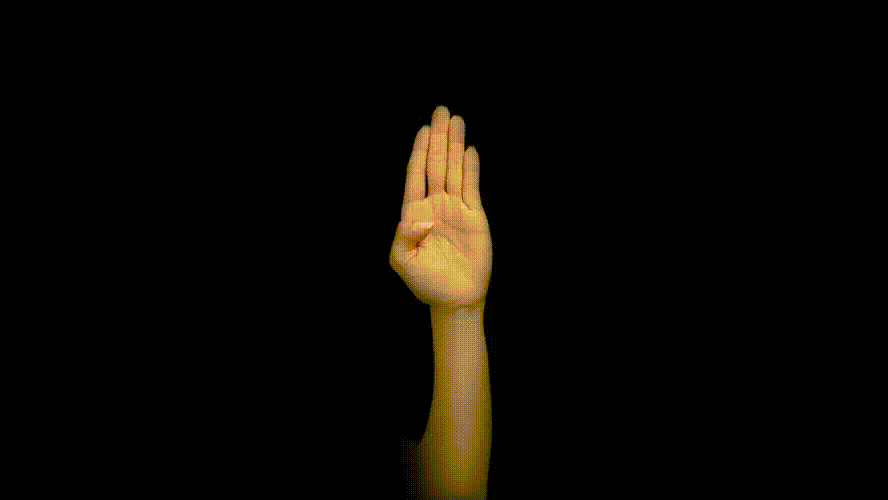Test header
I am a Child Experiencing Abuse
You deserve to be safe.
If someone is hurting you – whether that's hitting, shouting, threatening, touching you inappropriately, or making you feel scared or worthless – that's not okay.
It's not your fault, and you don't have to handle it alone. Asking for help takes courage and the people you approach are there to support you, not judge you.
Seek help
Contact the Police if you or anyone at home is in immediate danger
Call 999 or SMS 70999Speak to a trusted adult. This could be a teacher, school counsellor, relative like an aunt / uncle, grandparent, or any adult that you feel safe with.
Contact the National Anti-Violence and Sexual Harassment Helpline (NAVH) - These people are specially trained to understand what you're going through, so that they can help you.
Call: 1800-777-000; or
Make a report online: NAVH Reporting FormAirtime charges apply for mobile calls to 1800 service line.
Report Domestic Violence
Contact the National Anti-Violence and Sexual Harassment Helpline (NAVH)
Call 1800-777-0000 or make an online report via the NAVH Reporting Form
Important things to note before making a report
Airtime charges apply for mobile calls to 1800 service lines.
Contact the police if there is imminent danger
Some things to share
- Who is involved?
- What happened?
- What happened before and after the incident?
- How safe do you feel now or if you go home today?
What can you say?
1) It's ok to be scared, or worried. Start with what you feel comfortable sharing.
2) Let them know you need help
3) Share as much information as you can, whatever you can remember.
4) You are allowed to ask questions too, so do that if there's anything that is important for you to know.
5) Don't give up! Keep trying until you get the help you need.
When scary or hurtful things happen, it can be really hard to think clearly. Your mind might feel foggy, or you might feel confused about what's happening. This is completely normal – it's how our brains try to protect us when we're in difficult situations.
Talking about what’s happening can feel scary, but sharing helps adults understand how to support you. Sometimes it's hard to find the words to explain what's happening, especially if you have never told anyone before what is happening. That's okay too. You can start small – maybe just saying "I don't feel safe" or "someone is hurting me." The trusted adult you talk to can help you find the right words for the rest.
If you can't speak out loud, you could write a note or draw a picture. If the first person you tell doesn't help or doesn't understand, please don't give up. Keep trying until someone does help you.
Keep Safe
While you seek professional help, here are some things you can do to keep yourself safe:
- Talk to a family member that you trust and who makes you feel safe, like an aunt, uncle or grandparent. Think about who has always believed you.
- Keep your phone with you, so you can call for help when you need it. If you don't have your own phone, remember where the house phone is or think about which neighbours you could go to.
- Make a list of safe people you can contact and add them to your "favourites" contact list on your phone, or memorise the numbers.
- Think about what you can do to stay safe if violence or abuse occur while you are at home, for example: which room feels safest, where you could go if things get scary, or what you could do to stay out of the way.
If you can't speak safely, Signal for Help
You can use this hand signal to show someone you need help without saying anything out loud.
Hold up one hand, tuck your thumb into your palm, then fold your fingers over your thumb. See video below.

You are not alone. There are people who want to help you, and what’s happening is not your fault.